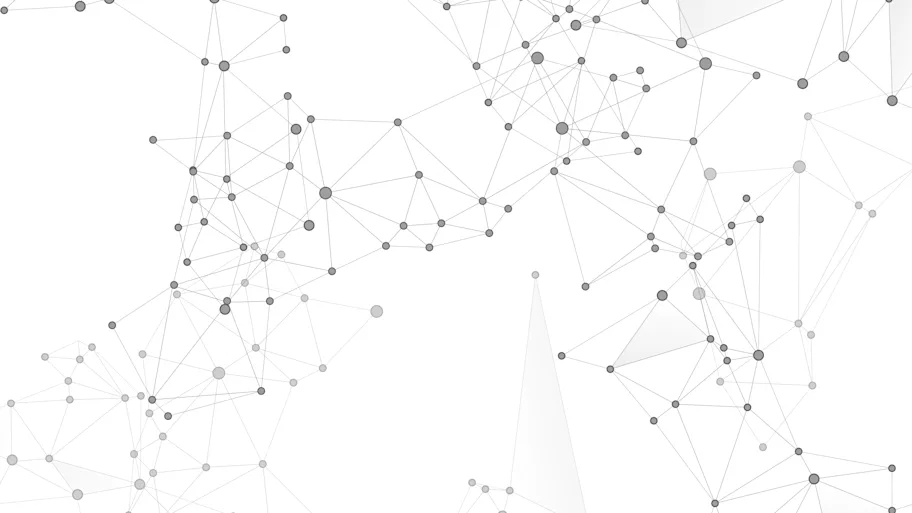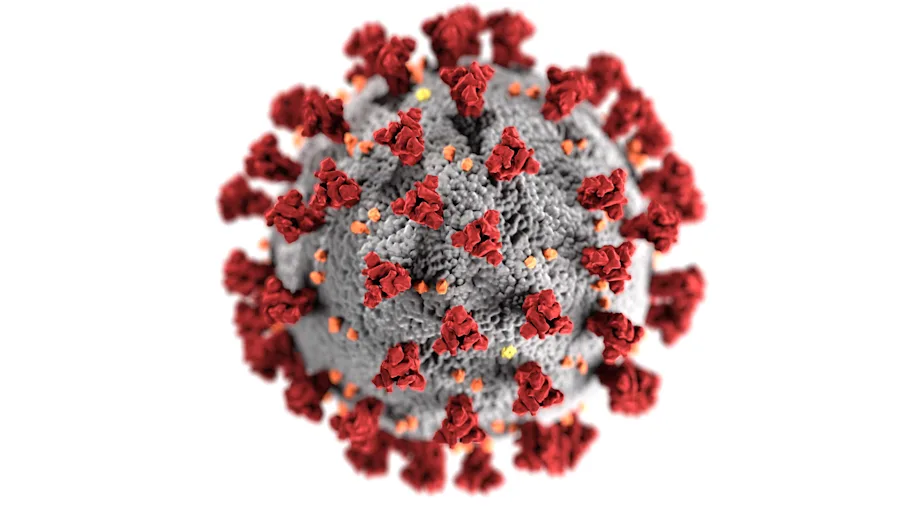
- Science news
- Featured news
- Supporting our people and the scientific community: Frontiers’ response to COVID-19
Supporting our people and the scientific community: Frontiers’ response to COVID-19
We are living in immensely challenging times. Everyone has to play their part.
Kamila Markram, CEO and co-founder
Throughout the course of this year, half the world’s population was or still is under some form of restrictive lockdown measure in an effort to stop the spread of the COVID-19, whilst researchers are racing to understand, cure and mitigate the virus.
As an organization steeped in science, Frontiers is doing everything we can to support the scientific response to COVID-19, as well as our people, employees, editors and authors.
Supporting the scientific response
Our COVID-19 call to action received so much response from you, the academic community, that we introduced numerous new initiatives to help inform the scientific response to the pandemic and promote research advancements.
A hub of knowledge: In March we launched the Coronavirus Knowledge Hub. It has subsequently grown into an incredibly rich, online resource of trusted information and analysis from leading experts on COVID-19 and has received over 11 million views on social media. It showcases a range of Coronavirus initiatives, which includes more than 100 Research Topics, hundreds of peer-reviewed coronavirus articles, interviews with COVID-19 experts and nearly 1.5 billion USD in funding calls.
Priority peer review: To ensure time-sensitive scientific developments become openly available as soon as possible, we established an international, interdisciplinary group of approximately 200 research experts to fast-track the peer-review of COVID-19 articles. Whilst understanding that some of these papers are time-critical to understand and treat COVID-19, upholding rigorous quality standards remains our key focus. To date by late August, we have received 4,871 COVID-related submissions, of which 1,643 manuscripts were rejected and 984 COVID-related articles have been published. Many thanks to the incredibly diligent and dedicated task-force that made this happen.
Giving scientists a voice: In order to capture the academic response to COVID-19, we ran a survey with you, our academic community. How has this impacted you and your work? Are you being supported? How should we bring labs together? And most importantly, what are the lessons learned and how can we mitigate future disasters? An overwhelming 27,399 researchers participated, in what appears to be one of the largest academic surveys ever conducted. The results are currently being collated and will be shared very soon. Watch this space!
Connecting with our scientific community: Over the month of May we organized four virtual editorial board meetings, with 8,938 editors calling in from all over the world. They received updates about our coronavirus initiatives, shared their experiences and proposed ideas around how to mitigate the virus. It was a truly special experience and feeling of belonging to a united community. Based on the positive feedback, we will be launching a new virtual Editorial Board Zoominar series that will be run a few times every year. In case you missed the first one, please feel free to watch the recording or download the slides.
Supporting our people
None of this would have been possible without the Frontiers staff -- and their safety and well-being is our top priority. Frontiers comprises of more than 700 people in offices in Switzerland, the UK, Spain, China, India and the USA. We needed to react quickly and resolutely.
Working from home by default: As a technology company familiar with working in distributed teams across countries and continents, we felt very comfortable mandating that our staff work from home ahead of any imposed quarantines. We adhere very closely to the advice of the World Health Organisation and the instructions of the governments under whom we operate. Our offices have been safety-proofed for team members who need to work in one of our office locations, otherwise we will be working from home by default for the remainder of 2020.
Health and wellbeing: We are paying particular attention to the health and wellbeing of our staff. Many have family members and children to look after, a few were directly affected by the virus. We immediately introduced flexible working hours, on a no questions asked, ‘what works for you, works for us’ basis. A support group was set up with volunteers delivering office equipment and groceries, or merely being available to talk. Many colleagues were anxious or alone, so our team-bonding activities became virtual -- including yoga lessons, choir practice, quiz nights, cocktail hours and coffee mornings.
Open and transparent communication: Amidst the anxiety experienced by many during the initial phases of lock-downs, we needed to establish a direct channel of communication to update our colleagues on the evolving situation and to support each other throughout these unprecedented times. With that in mind, we introduced a weekly interactive ‘Zoominar’ for all employees. Still being run today, topics cover the latest COVID-19 updates, company news and developments and a live Q&A.
Adapting with feedback: To ensure we were supporting our employees to the best of our ability, we conducted an anonymous survey open to all staff. The results were overwhelmingly positive and the full report, ‘Responding to a pandemic: Frontiers’ employee confidence during COVID-19’ is available to download.
Looking ahead
People will push the boundaries of what is deemed the norm when faced with hardship or adversity. We have been truly amazed and inspired with the way the academic community has mobilised to work together and provide concrete solutions for COVID-19.
Our mission to make science open, so we can live healthy lives on a healthy planet, has never been more important than it is today. Now is the time for us all to adopt open science as the “new normal” -- so researchers can find solutions faster to this pandemic, future pandemics, climate change and any other global challenges we may face.
Because science saves lives. And open science will get us there faster.






